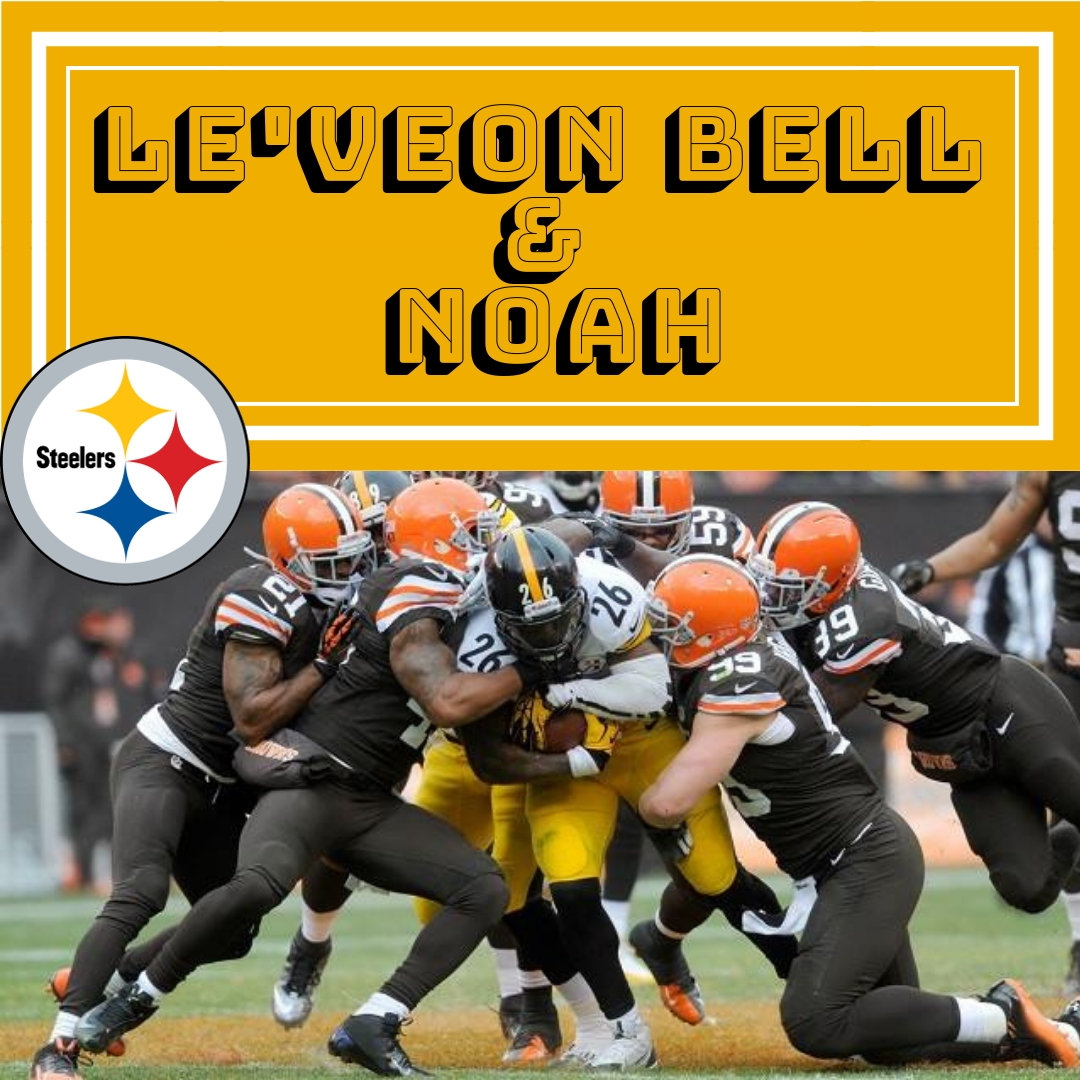Perashat Noah 5779
Home > Rabbi's Weekly Message > Perashat Noah 5779
Perashat Noah 5779
Friday, October 12, 2018
Pittsburgh is home of one of my favorite things in the world.
Heinz Ketchup.
But for all of its tomato-ey goodness, it is not a hot topic issue in the city today.
Known as the "Steel City" and the "City of Bridges", there are precisely ZERO 'bridges' being built by the 'Steelers'.
I am referring of course to the contract dispute being waged between Le'Veon Bell, one of the best running backs in the NFL, and his team the Pittsburgh Steelers. Without getting too caught up in the story, Le'Veon, being the star that he is, should be earning a huge salary with the Steelers, or any team in the NFL. However, teams in the NFL are given the right to tag a player with a "Franchise Tag" that binds the player to their team for the year at the relatively lower salary that it brings. The Steelers have tagged Le'Veon two years in a row, which brings us to where we are today. One of the best offensive threats in the league is sitting on the bench for half the season already. He is unwilling to play and trying to get paid or get traded, hoping that his INACTION will force a REACTION. It remains to be seen if his strategy will pan out.
We are told that Noah was also criticized for the lack of impact he made on the people of his generation. At the end of the day, the only people he managed to save are his own family members. Maybe he didn't pray enough, or maybe he didn't teach enough. I don't know. What I do know is that the waters of the flood are called Mei Noah, Noah's waters, to indicate some level of culpability.
How can that be? How can he be called a Tzaddik, a perfect person, in the very first sentence of the Perasha if he could watch the generation drown before his very eyes? I would suggest that perhaps, what we are learning is not about a man who didn't care, but rather a special person who made a mistake.
When we have someone in our lives who we wish would act differently, there are two ways to respond. One strategy would be direct engagement, speaking it through, challenging them and asking them to change. The second strategy is what effectively amounts to a staring contest, waiting to see who blinks first and making them come to you.
Each strategy has its distinct advantages and disadvantages.
As an example, you could very well imagine a child doing something specifically because his parents told him repeatedly NOT to. In such instances parents would be wise to lay down clear guidelines and then let the child make their bed, and if need be, sleep in it, thereby giving them the space to sort it out themselves instead of forcing change. Confrontation in this situation would only serve to exacerbate the problem.
However, there are times when that silence is seen as weakness, or even an invitation for the unwanted behavior. In this case, what may work better is an intervention to show you care and won't let them hurt themselves by communicating clearly, Your head is not above water; I'm stepping in, please let me help.
It takes a truly wise person, or a prophet, to know when to use which approach. So while Noah cared deeply, his chosen method was to not engage and instead make them come to him, hoping that his INACTION would cause a REACTION.
It didn't, and Noah had to live with that for the rest of his days.
So while I hope Le'Veon gets what he wants, my greater desire and prayer is for each and every one of us to revisit the strategies we are employing in our own lives, to truly get the things, or people, most important to us back on track and resolved. And if what we've tried isn't working, to have the courage to admit that, and change tacks.
Shabbat Shalom!
Rabbi Shlomo Farhi
Jan 19 2026
Shebat 1 5786
